Microsoft’s Biggest Failures
 Last week, I highlighted Apple’s biggest failures. Now I want to move north to Redmond, Washington, to the other Titan of Technology, Microsoft. Like Apple, the company has had its share of fiascos. Let’s look now at Microsoft’s biggest failures.
Last week, I highlighted Apple’s biggest failures. Now I want to move north to Redmond, Washington, to the other Titan of Technology, Microsoft. Like Apple, the company has had its share of fiascos. Let’s look now at Microsoft’s biggest failures.
Office Assistant (“Clippy”)
The Failure
We’ll start with Microsoft’s most infamous flop, Microsoft Bob, which replaced the Windows interface with talking cartoon characters. When that failed, Microsoft incorporated the technology into its Office Assistant product. Like Bob, the Office Assistant had AI cartoon characters pop up to help you. There was a selection of characters, but the default was a talking paper clip named Clippy. Clippy tried to help when no help was needed. For example, if you typed “Dear So-And-So”, Clippy would pop up out of nowhere and say “It looks like you’re trying to write a letter. Need help?” If you clicked yes, he/it would add a bunch of complicated formatting to your document without any meaningful help. Because of this, Clippy became so despised that even Microsoft started making fun of him.
The Lesson
You can’t polish a turd. I’m a big believer in “if at first you don’t succeed”, but in the case of Bob and Clippy, it was just a bad idea to begin with. Microsoft would have been better served improving the rudimentary AI instead of tacking on gratuitous cartoon characters.
MSN
The Failure
When Windows 95 (one of Microsoft’s biggest successes) came out in 1995, the Internet had yet to become mainstream. People had modems, but they mostly connected to online services like AOL. Microsoft saw a chance to compete here, creating MSN. Like AOL, MSN was a dial-up service that tried to provide all the information and communication a user would need. Unfortunately, MSN failed, not because of AOL, but because of the Internet. People were shying away from comprehensive online services and logging onto the Internet directly. MSN became just another website, playing second fiddle to sites like Yahoo.
The Lesson
Even Bill Gates can’t see the future. In his 1995 book, The Road Ahead, Gates barely even mentions the World Wide Web, which soon overtook proprietary online services. If he had known what was going to happen, he would have started a search engine instead, and we’d all be using Bing instead of Google.
Windows ME
The Failure
By the late 1990s, Microsoft had two families of operating systems, Windows and Windows NT. Despite the similarity in names, they were completely different platforms. The Windows code, used in Windows 95 and 98, was based on the old MS-DOS operating system, whereas the Windows NT system was built from the ground up with modern software features. Windows NT was vastly superior, but Microsoft sold it mostly to businesses. Microsoft was working to unify the systems into what would become Windows XP, but in the meantime, they released two interim versions: the NT-based Windows 2000, which was lauded as one of the company’s best products ever. Then there was Windows ME, a DOS-based system that added some bells and whistles to an aging Windows 98. It was buggy and slow, and to this day it’s panned as one of Microsoft’s biggest failures.
The Lesson
Don’t rush out a half-baked product for a quick buck. In the long term, you’ll hurt your brand and frustrate your customers.
Windows 8?
The Failure
Though it’s been out for less than a year, tech pundits are labeling Windows 8 a failure. While its colorful Metro interface is innovative, the hybrid desktop/tablet system tries to serve everyone, and ends up pleasing no one.
The Lesson
Innovation invites failure. Sometimes when you try something new, you fall on your face. And other times you succeed beyond your wildest dreams. I’m bearish on Windows 8, but I’m bullish on Windows 9. I think Microsoft’s Metro interface could work on desktops, but it’s going to take some time.
Discussion
Are there any more of Microsoft’s biggest failures that I’m missing? Let me know in the comment section.
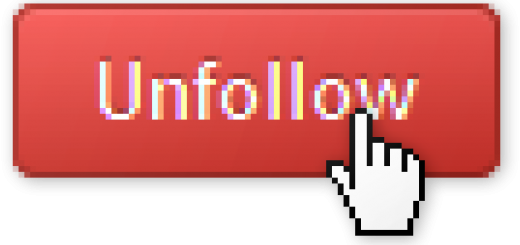
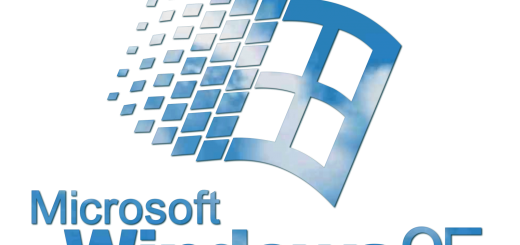
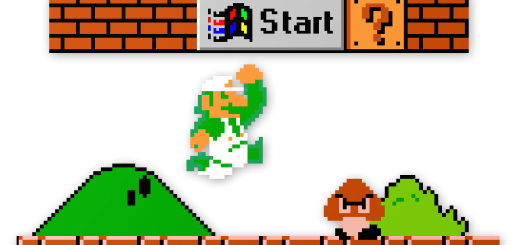

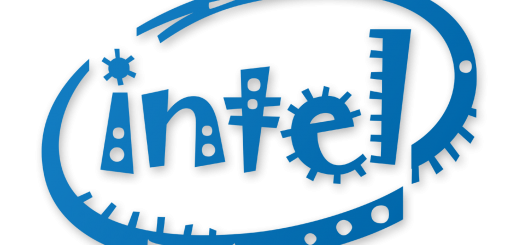
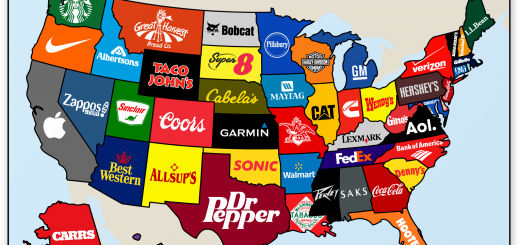
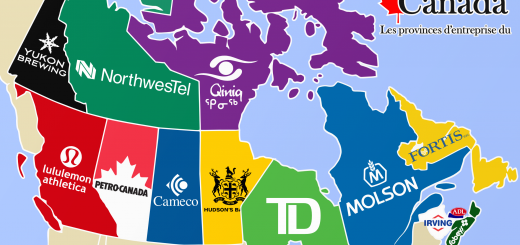
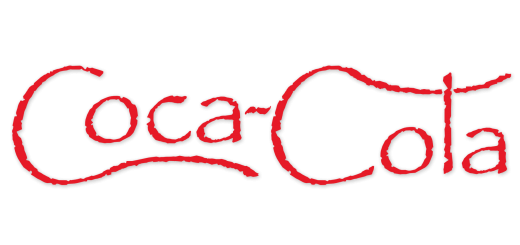
11 Responses
[…] the early 1990s, Microsoft tried making a computer interface that looked like a house. The program was called Microsoft Bob […]
[…] has had many failures over the years, but they’ve also had a hell of a lot of successes. One of their biggest […]
[…] future. And this list doesn’t even include the people who were influenced indirectly, such as Microsoft creating Windows, Google creating the Android OS and Tim Berners-Lee created the World Wide Web on […]
[…] Microsoft is terminating support for Windows XP this spring, 13 years after the operating system first came out. To put that in perspective, it would be like MS-DOS 4.01 (released in 1988) still being supported when Windows XP was released in 2001. […]
[…] does not change this fact. I know that PowerPoint is meant for non-designers, but I think that Microsoft could do a whole lot […]
[…] system or go out of business. They were so desperate in fact, that they considered a deal with Microsoft, who would provide them with a custom version of Windows skinned to look like Mac OS. Thankfully, […]
[…] of cartoon characters would guide novice computer users through a series of virtual rooms. Microsoft developed Comic Sans for the characters’ speech balloons. In this regard, Comic Sans was […]
[…] original IBM PC came with a primitive command line operating system known as DOS. Made by Microsoft, it could do basic file management and run a single application at a time. That was about it. On […]
[…] for a while, until the world’s most powerful software company came knocking at their door. Microsoft wanted to get in on the web browser market. So they licensed Mosaic from Spyglass and created a new […]
[…] engineer. Apple traditionally attracts artists who view Microsoft fanboys as stodgy suits, while Microsoft attracts businessmen who view Apple fanboys as pretentious hipsters. But stereotypes aside, the […]
[…] hardware side able to compete with companies like Dell and HP while the software side competed with Microsoft. Apple even took a step toward this reality, licensing Mac OS out to clone manufacturers. I suspect […]